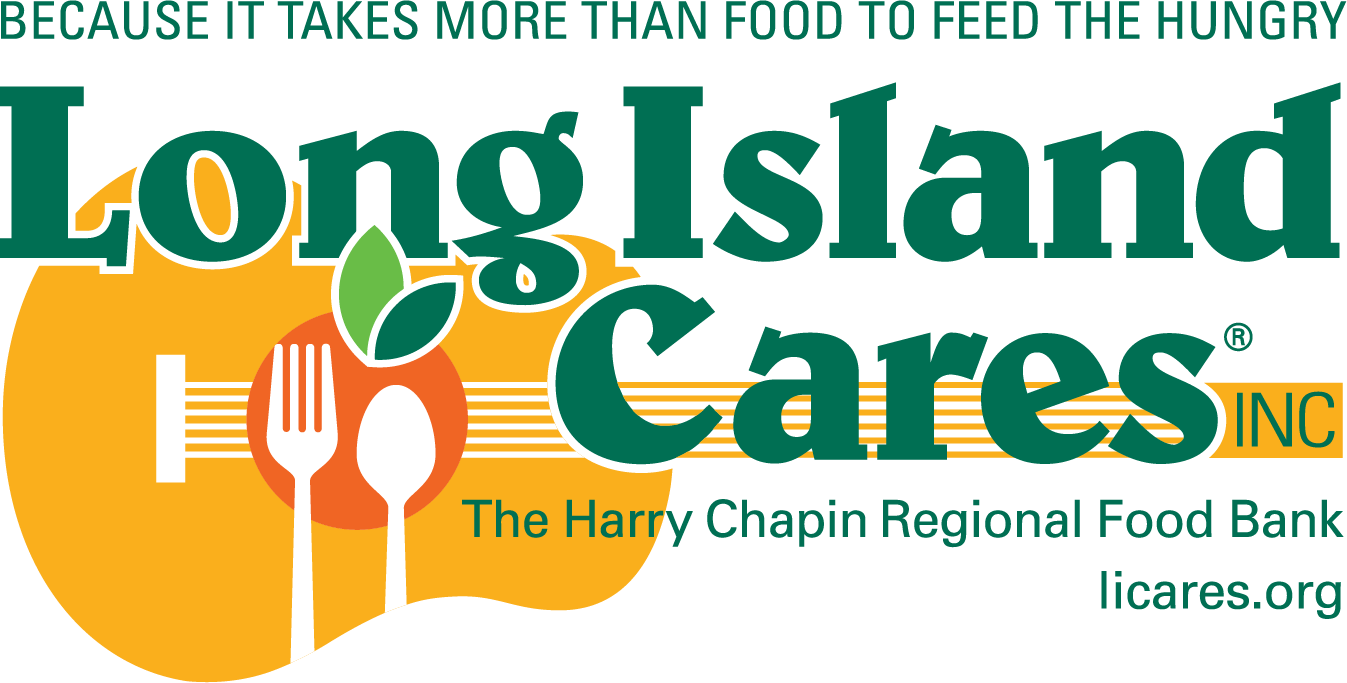Food Insecurity Among our Seniors is too Important to Ignore
There have been several articles published by our colleagues at Feeding America and the Food Research and Action Center (FRAC) describing food insecurity rates and risk factors among older adults, the connection between food insecurity and health among older adults, and the effectiveness of some of the federal nutrition programs in alleviating food insecurity and supporting healthcare for this at-risk population. Poverty, food insecurity, and poor nutrition have potentially harmful impacts on the health and well-being of older adults, which can limit their ability to work, perform daily activities, and live independently. Older adults with limited finances, adequate community resources, and a limited social support system often interfere with their ability to maintain good health.
According to Feeding America, in 2019, 1 in 11 older adults, or 9.5% of the population age 50-59, are food insecure. Between 2018 and 2019, the number of food insecure older adults declined from 4.5 million in 2018 to 4.0 million in 2019. Long Island Cares, Inc. estimates that approximately 54,000 seniors living in Nassau and Suffolk Counties experience food insecurity and rely upon the emergency food network for ongoing support. On a monthly basis, 1,950 seniors visit our satellite locations in Freeport, Lindenhurst, Huntington Station, Hampton Bays, and Bethpage to access food, personal care items, household supplies, and pet food. Twice per month, our Mobile Pantry delivers groceries to 86 households of seniors that are homebound and have difficulty traveling to a local food pantry.
Being food insecure can lead to mental and physical health conditions such as diabetes, depression, hypertension, congestive heart failure, and accidents. Seniors struggling with food insecurity also experience more frequent hospitalizations and emergency room visits. Federal programs such as the Supplemental Nutrition Assistance Program (SNAP), Congregate Nutrition Program, Home-Delivered Nutrition Program, Commodity Supplemental Food Program (CSFP), Senior Farmer’s Market Nutrition Program, and the Child and Adult Care Food Program provide a lifeline to seniors living alone and often isolated. For a wide array of health outcomes, food insecure seniors were worse-off than food secure seniors.
In response to numerous proposals to reduce SNAP on a federal level, our state and local governments often scramble to find funding available to maintain these programs for our seniors. After all, seniors comprise a significant voting bloc in America and have a very strong and effective voice through organizations like AARP, FRAC, and Feeding America.
In November 2020, Long Island Cares implemented our S.O.S. (Supporting Our Seniors) Mobile Food Delivery Services throughout Nassau and Suffolk County. In establishing this model with support from our state legislative delegation, we were able to stabilize the environment for many seniors and to ensure that they continue to have access to emergency food assistance which also increased due to the COVID-19 pandemic. When it comes to hunger and seniors, we need to develop broad and creative approaches that both ensure that services are available, in addition to defining achievable outcomes. Long Island Cares provides home delivery of groceries for our seniors through S.O.S., Mobile Pantry, and Veterans Outreach. We continue to collaborate with allied organizations such as AARP Long Island Chapter and local townships to meet the needs of seniors for healthy food options. In addition, each time we make a home delivery, our staff and volunteers’ assess each household for additional services that can address the other needs that seniors might have. It is critical that we continue to provide the necessary government funding, coordinated services, flexible program models, compassion, and advocacy for a population that sometimes feels helpless to effect change.
Paule T. Pachter, A.C.S.W., L.M.S.W.
Chief Executive Officer
Long Island Cares, Inc.
